Biodiversity and Land Use
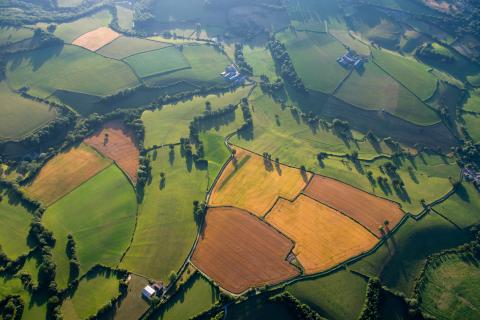
Facing up to and responding to the biodiversity crisis requires data and scientific insights at different scales. Our extensive biodiversity research focuses on species and land-cover monitoring and mapping, ecosystem interactions and environmental change, while capabilities such as the Biological Records Centre provide valuable insights into the distribution of species and how they are changing.
This science area also considers how to balance sustainable agricultural practices with biodiversity benefits and uses scenarios and models to explore possible futures.
Environmental Pressures and Responses
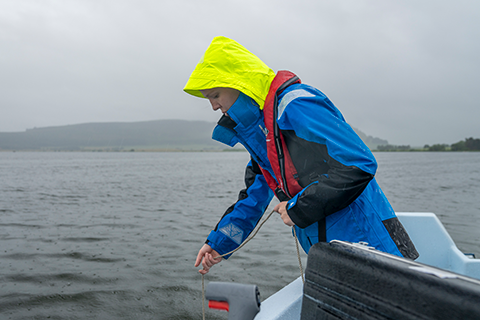
The environment is impacted by a range of pressures, including pollutants and changes in land use and climate, which affect or have the potential to affect the diversity and function of ecological systems.
This science area works across air, land, and water to undertake and support research to characterise these pressures, improve understanding of their ecological effects, and inform action to address them.
Land-Atmosphere Interactions
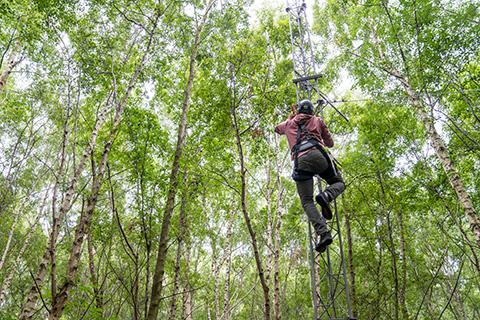
The interface between the land surface and atmosphere plays a key role in the absorption and release of greenhouse gases and other environmental pollutants. Bringing together expertise on soils, vegetation, atmospheric chemistry and state of the art monitoring, this science area provides insights into this interface.
The knowledge generated underpins research in this science area and informs advice on mitigation measures and progress in relation to air quality, achieving Net Zero ambitions, and land management.
National Capability and Data Research
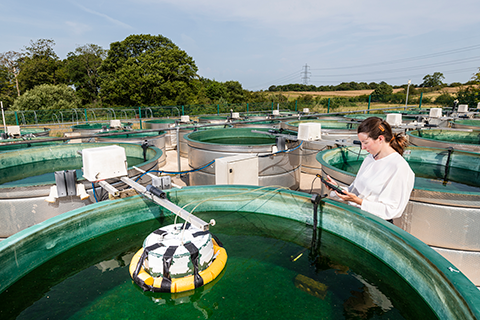
Data and digital technology are transforming how we live, work and play. It addresses societal challenges, including environmental science. This science area delivers large-scale monitoring and surveillance programmes, the associated infrastructures, and digital research tools.
Together, these enhance data quality, access, and usability—key priorities for the user community—while enabling transparency in evidence-based decision-making and policy.
Water and Climate Science
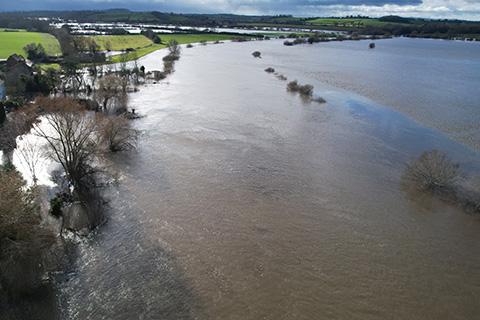
Climate change poses a risk for humans and nature. As our climate changes, we are experiencing more extreme weather and hydrological events, leading to droughts, floods, heat waves and fire. Improving the climate predictions, understanding the effectiveness of land-based mitigation options, and preparing adaptation strategies to changes in hydrology and water quality are all essential.
UKCEH is committed to informing action for water resources, flood management and water quality, while also providing the Floods and Droughts Research Infrastructure and other observational networks which underpin hydrological research in the UK.
